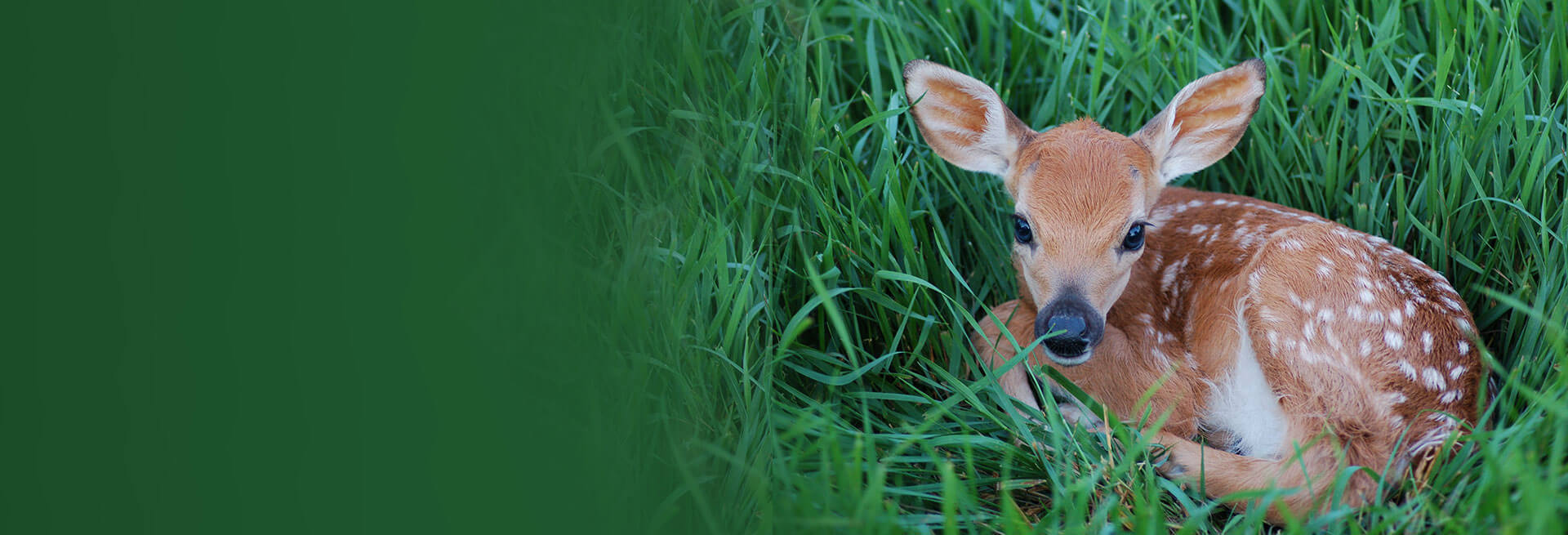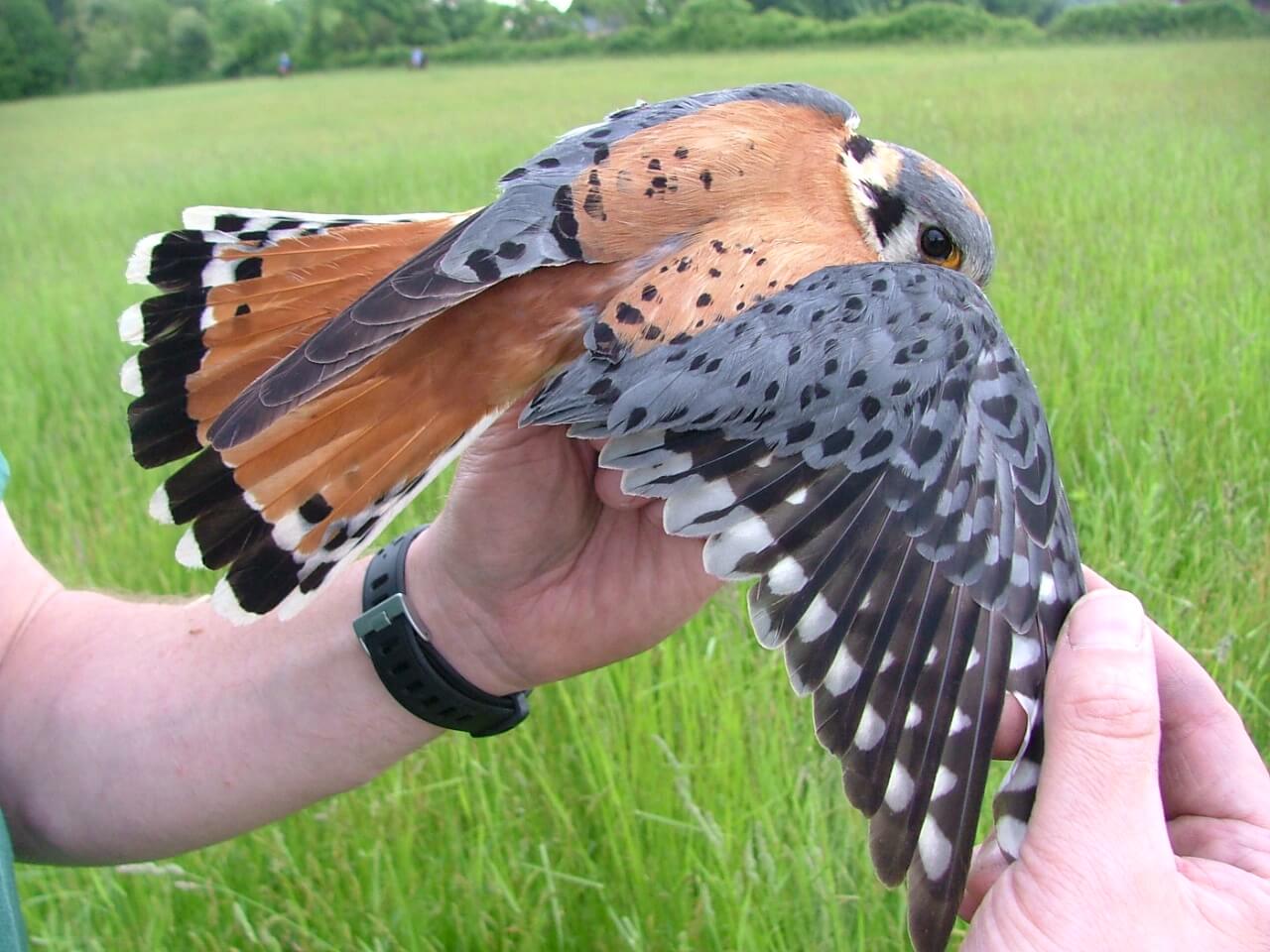Need Some Help with Wildlife?
Here you can find guidance on a variety of wildlife-related concerns and questions common for many New Jerseyans. For more information not contained here, WildlifeHelp.org is a trusted source for sound, legal and responsible wildlife control and damage prevention advice supported by the Northeast Association of Fish and Wildlife Agencies, Northeast Wildlife Damage Management Cooperative, Wildlife Management Institute, and New Jersey Fish and Wildlife.
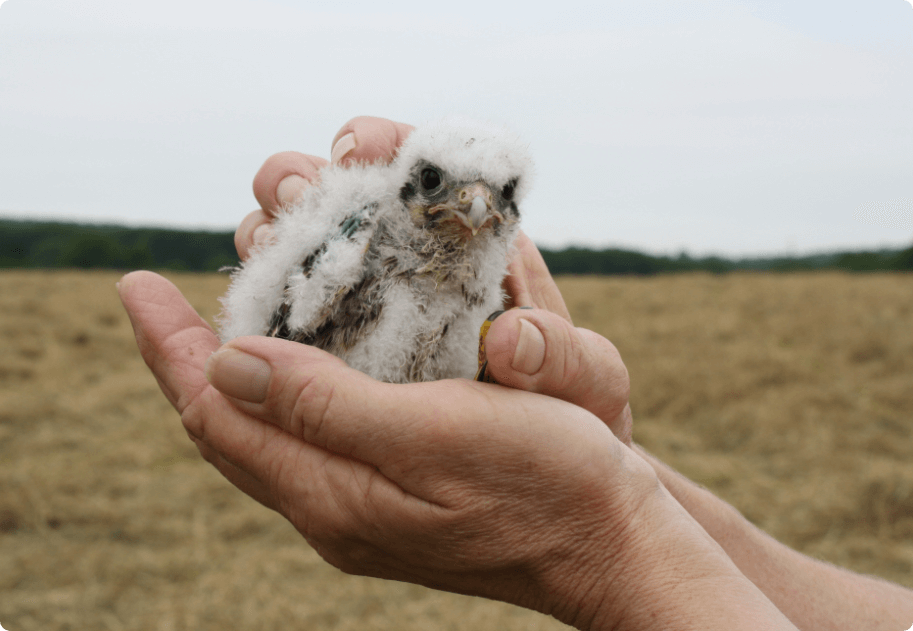
Injured or Orphaned Wildlife
What to do when you find injured or orphaned wildlife, and tips to determine whether an animal needs help.
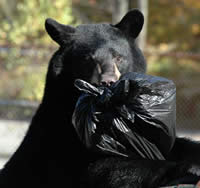
Black Bears
Know the Bear Facts! Help prevent bears from becoming a nuisance in your community.
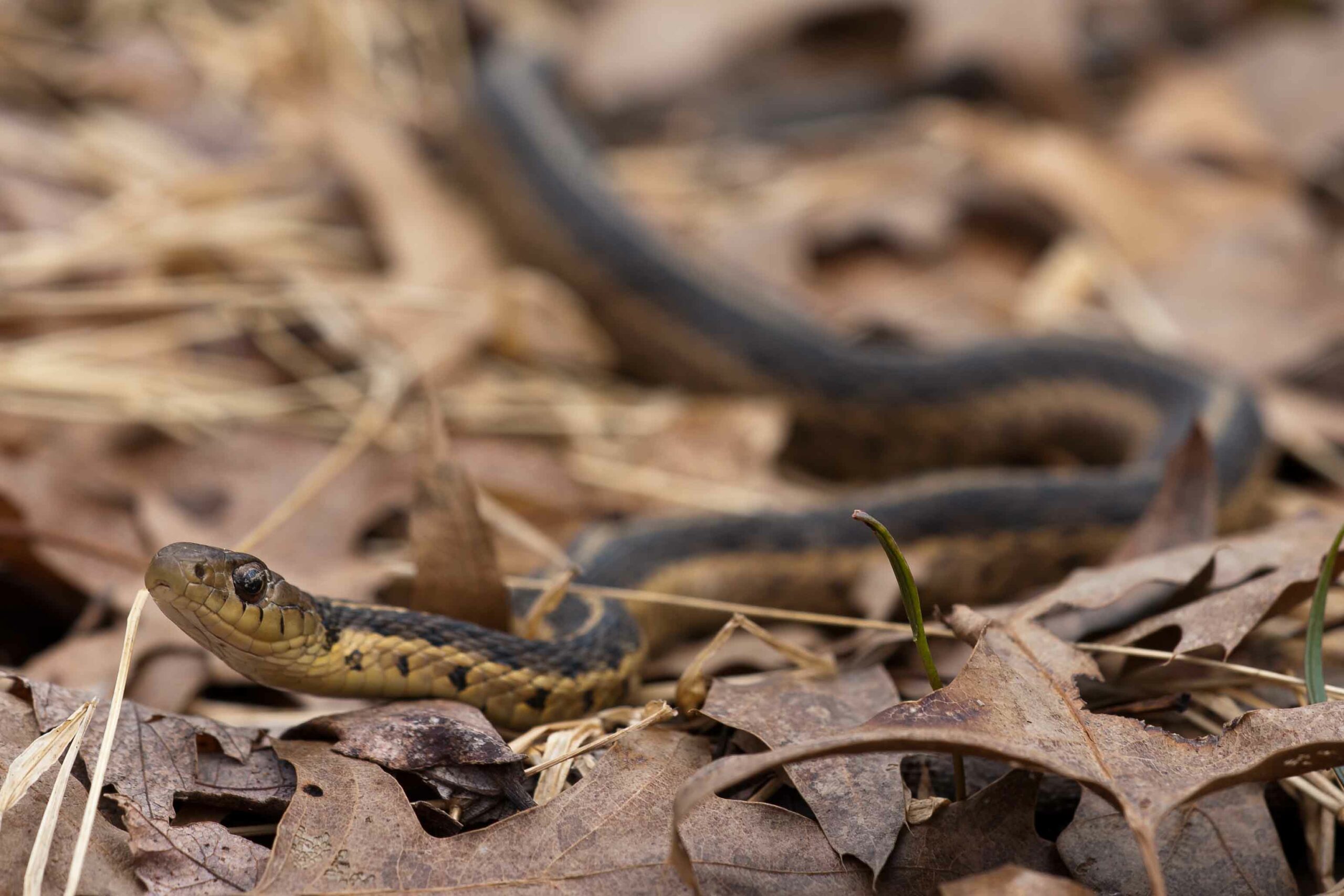
Snake – Help!
Despite common fears, snakes in NJ are generally quite harmless and do their best to avoid people. Learn more about our diverse snake species, or find help to relocate a venomous snake if found on your property.
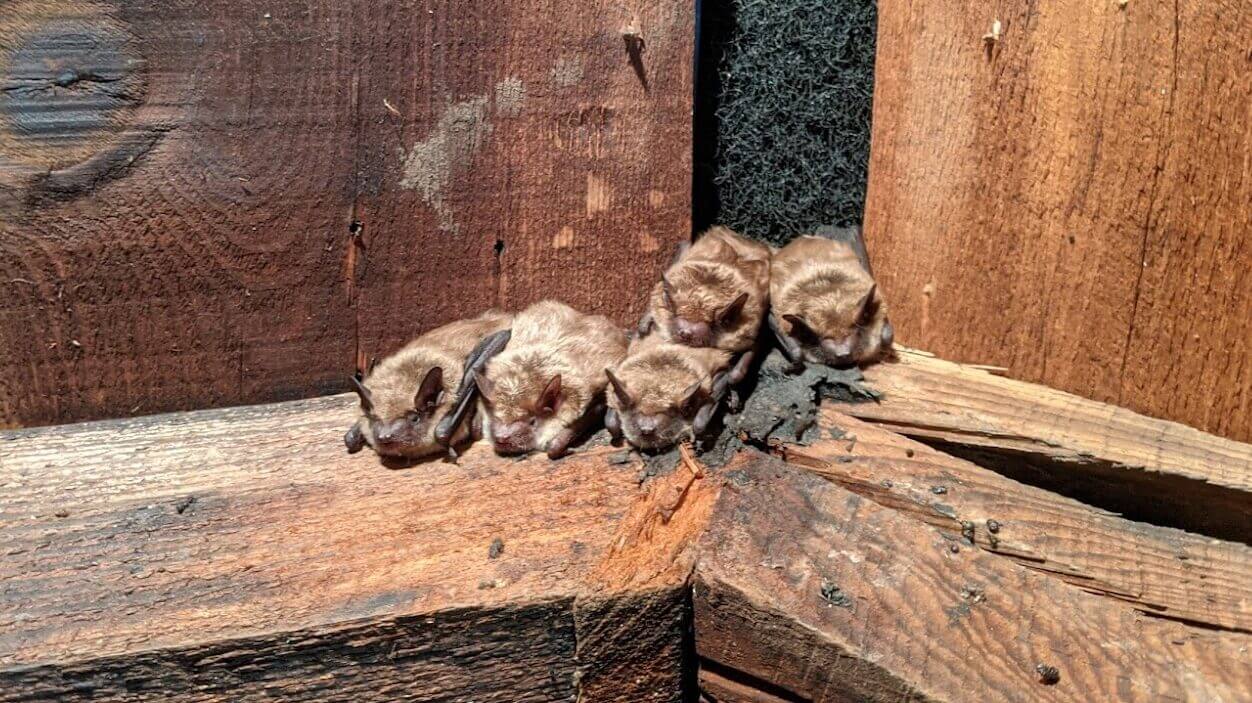
Bats in Buildings
How to properly exclude bats from an attic or deal with other common bat issues.
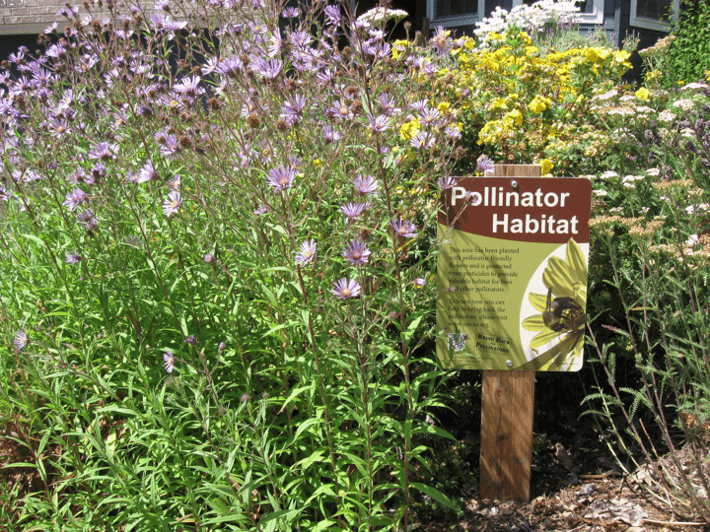
Attract Wildlife
Explore things you can do to create wildlife habitat in your backyard.
 Official Site of The State of New Jersey
Official Site of The State of New Jersey

